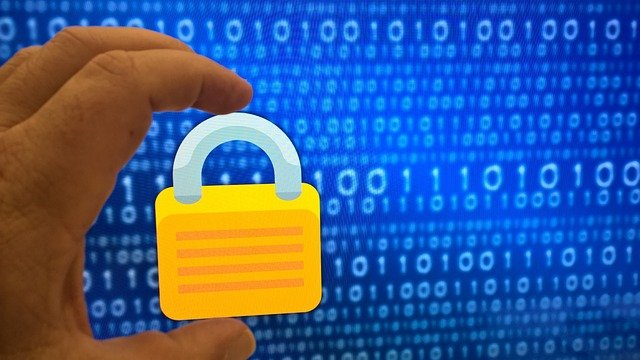
What It Takes to Be Your Organisation’s DPO or Data Privacy Lead
Published on January 29th, 2025
Introduction
As concerns over data security grow, organisations must ensure compliance with privacy regulations. A Data Protection Officer (DPO) or Data Privacy Lead plays a critical role in safeguarding sensitive information. In today’s data-driven world, privacy laws and cybersecurity threats are constantly evolving. This article explores the key responsibilities, essential skills, and challenges of this vital position.
Key Responsibilities of a DPO
Regulatory Compliance
A DPO ensures the organisation complies with data protection laws like GDPR, CCPA, and others. They provide guidance on best practices and ensure policies align with legal requirements. Staying updated with changing laws and understanding regional nuances is essential. The DPO also manages audits and reports on the organisation’s adherence to regulations to avoid legal penalties.
Data Governance
The DPO oversees data privacy frameworks and risk assessments to prevent breaches. This includes setting data retention policies and ensuring proper encryption practices. They ensure the secure handling of personal data throughout its lifecycle. Data should only be processed for legitimate purposes, with a clear and transparent approach to governance.
Training and Awareness
The DPO promotes a culture of compliance within the organisation by conducting training and awareness programs. Employees are educated on recognising data privacy risks and understanding privacy rights. The DPO helps reduce the risk of breaches by fostering awareness of proper protocols when handling sensitive data.
Incident Response Management
In the event of a data breach, the DPO leads response efforts. This includes notifying authorities and affected individuals. They also implement corrective measures to prevent future breaches. The DPO acts swiftly, following established procedures to minimize damage and maintain the organisation’s reputation.
Liaison with Regulatory Authorities
The DPO is the point of contact between the organisation and data protection authorities. They ensure timely communication and respond to inquiries. The DPO also ensures that the organisation’s activities align with regulatory expectations.
Essential Skills and Qualifications
Legal and Regulatory Knowledge
Understanding global and local data protection laws is vital. A DPO must be well-versed in frameworks like GDPR and CCPA. This knowledge helps them make informed decisions about data processing and consent management.
Risk Management Expertise
The DPO must assess and mitigate data privacy risks. This includes conducting risk assessments and developing management strategies. Data privacy must always be a priority in every organisational goal.
Strong Communication Skills
The DPO must communicate policies and procedures clearly to stakeholders and employees. They need to explain complex data protection concepts in simple terms. Effective communication fosters transparency and trust, especially when dealing with external regulators.
Technical Proficiency
The DPO should understand data security technologies and best practices. This includes encryption, firewalls, and intrusion detection systems. Knowledge of these tools helps the DPO collaborate with IT teams to maintain robust security measures.
Problem-Solving Abilities
A proactive approach is key to identifying vulnerabilities and solving problems. The DPO must anticipate potential issues and develop solutions before they escalate. This skill is critical, especially in the event of a breach or compliance audit.
Challenges Faced by a DPO
Evolving Regulations
Privacy laws are constantly changing, requiring continuous learning. The DPO must stay informed about new regulations and how they impact the organisation. For global organisations, compliance with multiple laws can be challenging. Ongoing education and external consultations may be necessary.
Balancing Compliance and Business Needs
The DPO must ensure compliance without hindering business growth. They work with business leaders to implement privacy measures that protect the organisation while allowing innovation. This balance is crucial for maintaining both security and operational efficiency.
Managing Data Breaches
Data breaches require quick, effective responses. The DPO must have a well-established incident response plan. This plan includes procedures for identifying breaches, notifying stakeholders, and taking corrective actions. Managing a breach involves legal, technical, and public relations efforts, all of which the DPO must coordinate to minimize impact.
Conclusion
A DPO or Data Privacy Lead is vital in today’s digital world. They ensure regulatory compliance, enhance data security, and build trust with stakeholders. Organisations must invest in skilled professionals who can navigate the complexities of data protection. As privacy concerns continue to grow, the DPO’s role will evolve, demanding greater expertise and adaptability.
